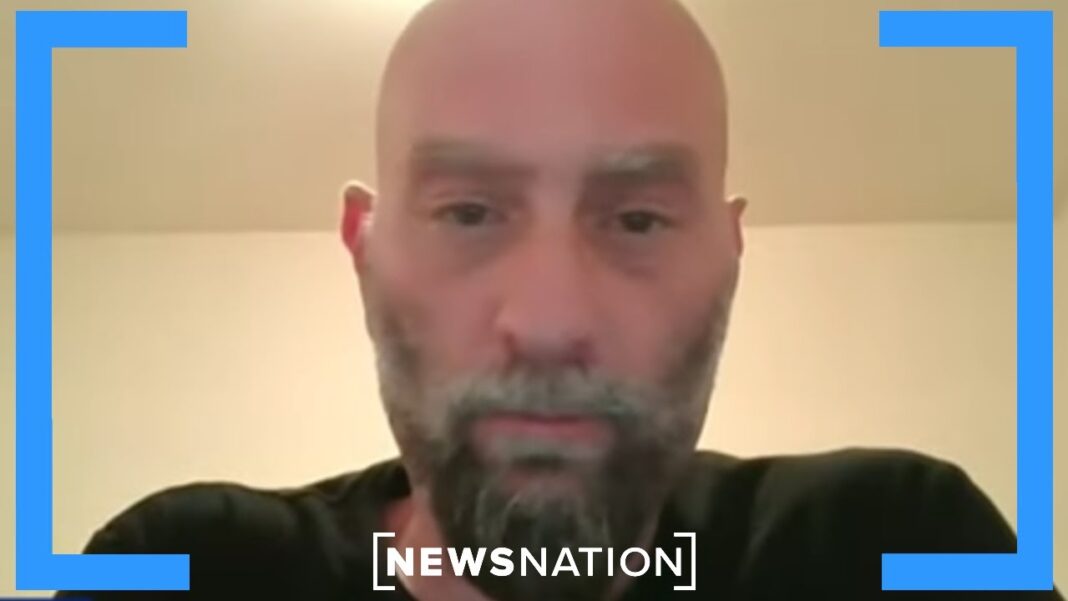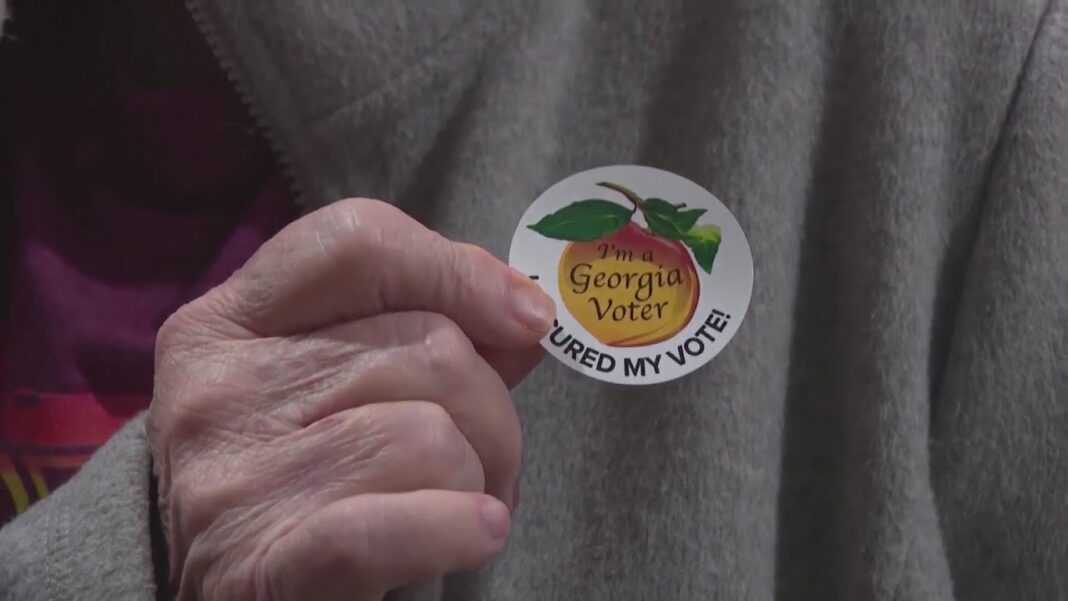The decision reinstates a state law provision that made certain types of paid ballot harvesting a third-degree felony.
A federal appeals court has granted Texas Attorney General Ken Paxton’s request to block a district court ruling that declared part of an election reform bill unconstitutional, allowing the state to continue investigating alleged cases of illegal vote harvesting.
In a decision on Oct. 15, the Fifth Circuit Court of Appeals issued a stay of the district court’s Sept. 28 ruling, which had halted enforcement of certain sections of Senate Bill 1 (S.B. 1). According to state officials, the 2021 state law was designed to combat voter fraud and bolster election integrity.
Specifically, the lower court had struck down a provision that made certain types of paid ballot harvesting a third-degree felony, finding it violated the First and Fourteenth Amendments by being overly vague and infringing on free speech.
Paxton appealed the district court ruling, calling it “unacceptable” and saying that it would impede the state’s ability to safeguard its elections.
“A ruling—weeks prior to an election—preventing my office from investigating potential election violations is deeply troubling and risks undermining public trust in our political process,” Paxton said in a Sept. 30 statement.
The Fifth Circuit initially sided with the attorney general on Oct. 4 by granting a temporary stay on the lower court’s order until Oct. 10. Then, on Oct. 15, the appeals court extended that stay indefinitely, allowing the state to enforce the provisions of S.B. 1 as the legal battle continues.
The appeals court found that the plaintiffs—including the League of United Latin American Citizens (LULAC) and the League of Women Voters of Texas—failed to meet the high legal standard required to block an election law just weeks before the general election. The court noted that the plaintiffs’ constitutional challenge to the anti-vote harvesting provision was “far from ‘entirely clearcut,’” casting doubt on their likelihood of success.
The Fifth Circuit said that the plaintiffs’ arguments, which asserted that the law was too vague and infringed on free speech, lacked sufficient merit to justify the district court’s injunction, particularly given the proximity of Election Day. The court said that the anti-vote harvesting provision had been in place for over three years without being successfully challenged and that last-minute changes to election laws could create confusion for voters as well as election officials.






